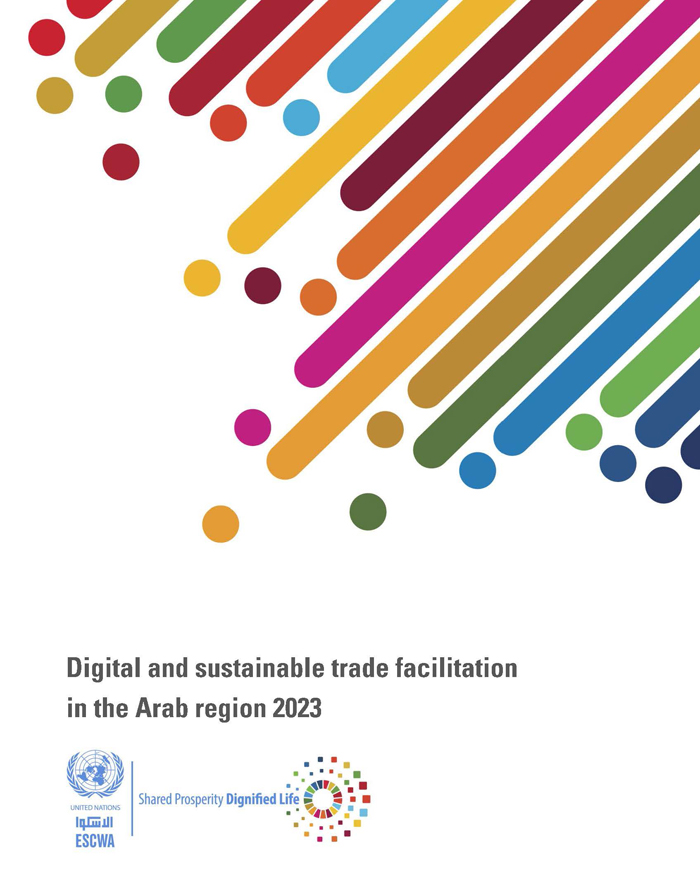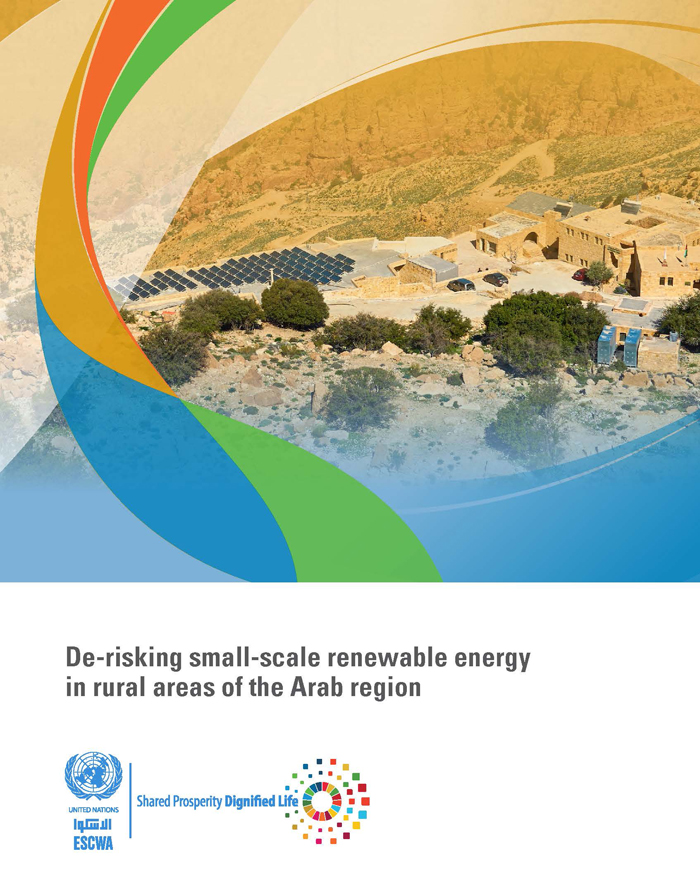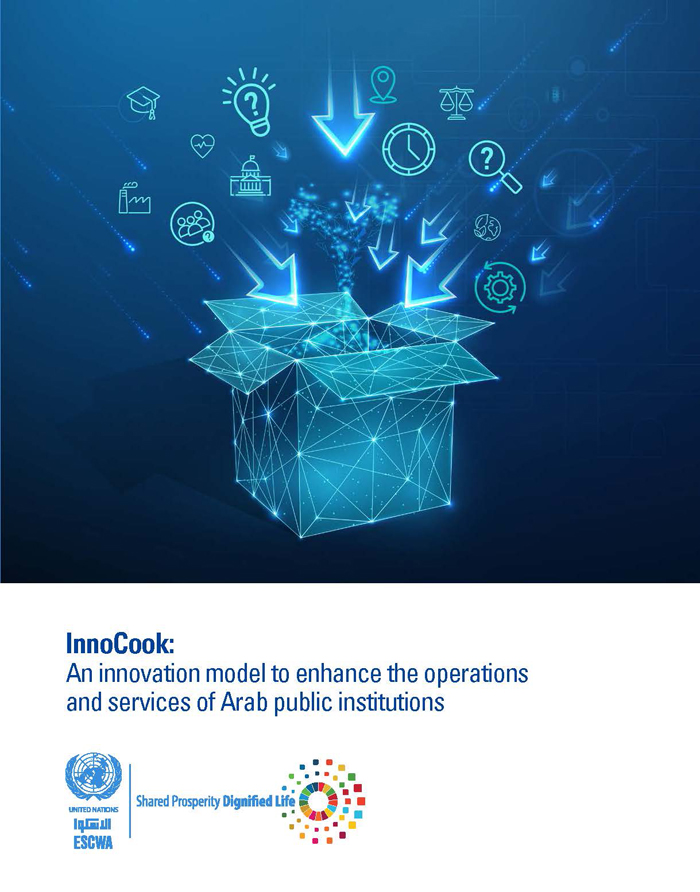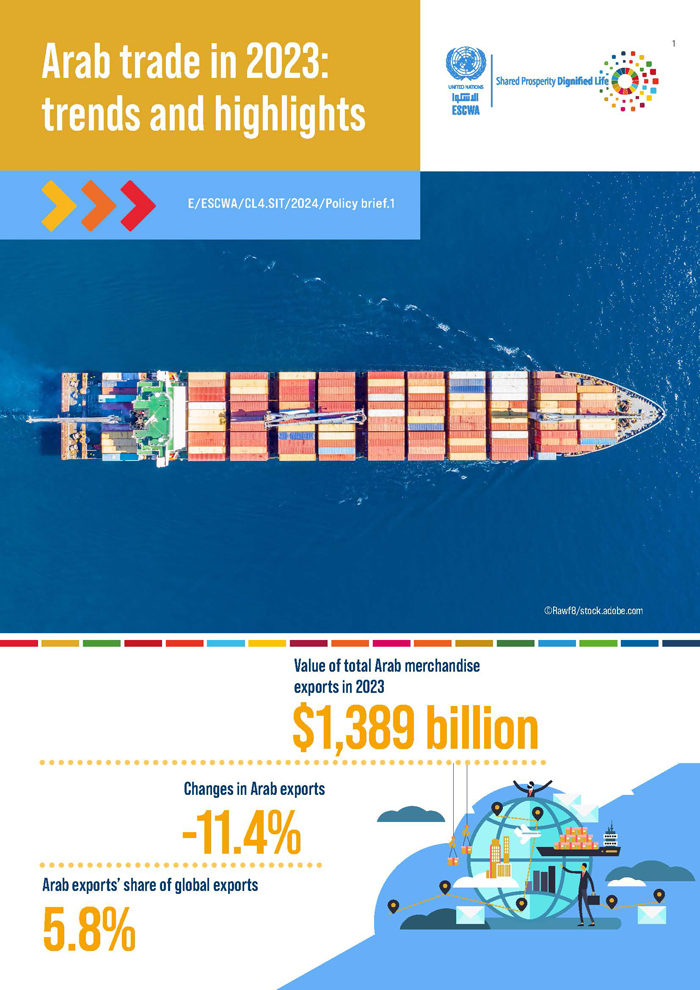
ESCWA Publication: E/ESCWA/CL3.SEP/2024/TP.1
Country: Arab region, Kingdom of Bahrain, Union of the Comoros, Arab Republic of Egypt, Republic of Iraq, Hashemite Kingdom of Jordan, State of Kuwait, Lebanese Republic, Islamic Republic of Mauritania, Kingdom of Morocco, Sultanate of Oman, State of Palestine, State of Qatar, Kingdom of Saudi Arabia, Federal Republic of Somalia, Republic of Sudan, Syrian Arab Republic, Republic of Tunisia, Republic of Yemen
Publication Type: Information material
Cluster: Shared Economic Prosperity
Focus Area: Financing for development, Technology & innovation, Trade & regional connectivity
Initiatives: Blockchain for international trade, Arab exports, Improving competition and protecting consumers, Geographic Information System for transport networks and facilities in the Arab region
SDGs: Goal 8: Decent Work and Economic Growth, Goal 9: Industry, Innovation and Infrastructure
Keywords: Arab countries, Bahrain, Comoros, Customs formalities, Digital technology, Agricultural trade, Egypt, Electronic commerce, Iraq, Jordan, Kuwait, Lebanon, Mauritania, Morocco, Oman, Qatar, Recommendations, Saudi arabia, Small and medium enterprises, Somalia, State of palestine, Sudan, Sustainable development, Syrian arab republic, Trade data interchange, Trade documents, Trade facilitation, Trade financing, Trade regulation, Transit, Tunisia, Women in development, Yemen
Digital and sustainable trade facilitation in the Arab region 2023
August 2024
Implementing trade facilitation measures minimizes trade expenses. To enhance competitiveness, the Arab region is striving to facilitate trade. Every two years a survey is conducted to map the progress made in implementing trade facilitation measures, including those articulated in the World Trade Organization Trade Facilitation Agreement. The results of the 2023 survey show that progress has been made across the whole region, although there are notable discrepancies between countries. Despite the progress made, the region’s overall performance remains below the global average.
Related content
Financing for development
, Technology & innovation
, Trade & regional connectivity
,
Implementing trade facilitation measures minimizes trade expenses. To enhance competitiveness, the Arab region is striving to facilitate trade. Every two years a survey is conducted to map the progress made in implementing trade facilitation measures, including those articulated in the World Trade Organization Trade Facilitation Agreement. The results of the 2023 survey show that progress has been made across the whole region, although there are notable discrepancies between countries. Despite the progress made, the region’s overall performance remains below the global average.



